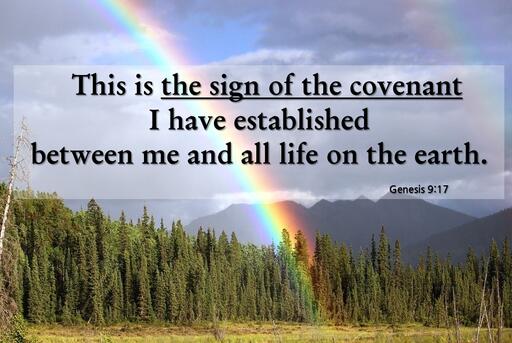The Beginning of Redemption

When we last left Noah and his family, they were saved from the flood. They are safe inside the ark. But they are confined to that ark, along with the animals. Its one thing to be saved, its another thing to be redeemed, released and restored. Salvation is a new beginning, but it is just the beginning. To begin again means to follow through and make the most of your new beginning.
Redemption relates to deliverance from a situation or from enemies. Most often, this involves paying a price to “buy back” the person or thing that is being ransomed. The word most frequently expresses the process of delivering someone from slavery or exchanging a ransom for something that belongs to God, such as a firstborn child in a family.
Redemption takes time.
Always know that God’s Spirit is moving.
Celebrate the milestones on your journey.
Move when God says so.
Release takes testing.
The test of sacrifice.
The test of finding rest.
The test of letting go.
Restoration takes faith.
God reasserts his mandate.
God reaffirms his provision.
God reestablishes his covenant.
The Hebrew word for rainbow used here is the same as the word for bow, a weapon. Taken in this sense, God hangs his bow up and its upward direction, pointing at God, may signify that God is saying that he will keep the covenant on pain of death.
